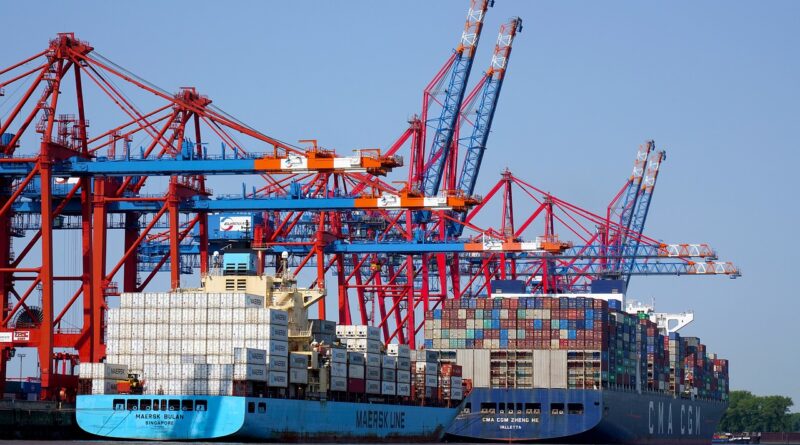U.S. Department of Energy Commits to Decarbonizing the Maritime Sector by 2050
The U.S. Department of Energy (DOE) endorsed a strategy during the Singapore Maritime Week to achieve net-zero emissions in the marine transportation sector by 2050. With this goal in mind the DOE is collaborating with more than 15 government and industry partners in Singapore.
The American Bureau of Shipping is to provide information and data that will strengthen the United States shipping sector., with international shipping contributing to about 3% of global greenhouse gas emissions annually.
According to gCaptian, To achieve the set decarbonization targets, a globally coordinated innovation strategy is needed across the entire maritime value chain. This includes the ships, the future zero-emission fuels they will use, and the infrastructure to support them.
This week also saw the U.S. leading the Mission Innovation: Zero-Emission Shipping Mission (ZESM). This international collaboration announced updated goals to speed up the maritime decarbonization transition by 2030.
The revised goals include increasing the number of large international ships using zero-emission fuels from 200 to 600 vessels. There’s also a plan to produce 16 million metric tons of heavy fuel oil equivalent zero-emission fuels annually and increase the number of key ports providing zero-emission bunkering from 10 to 20.




